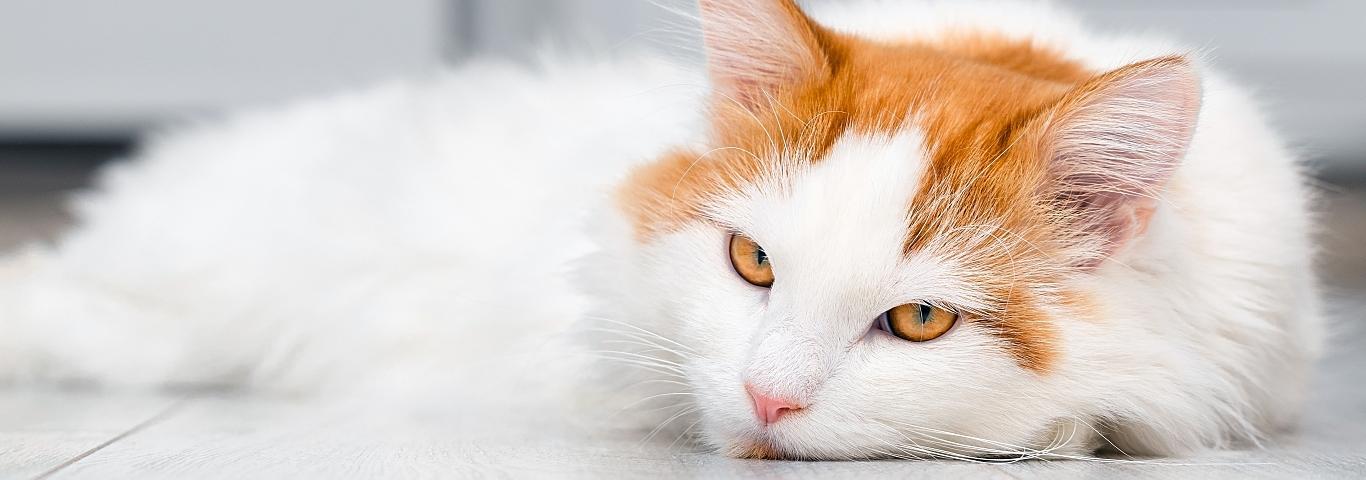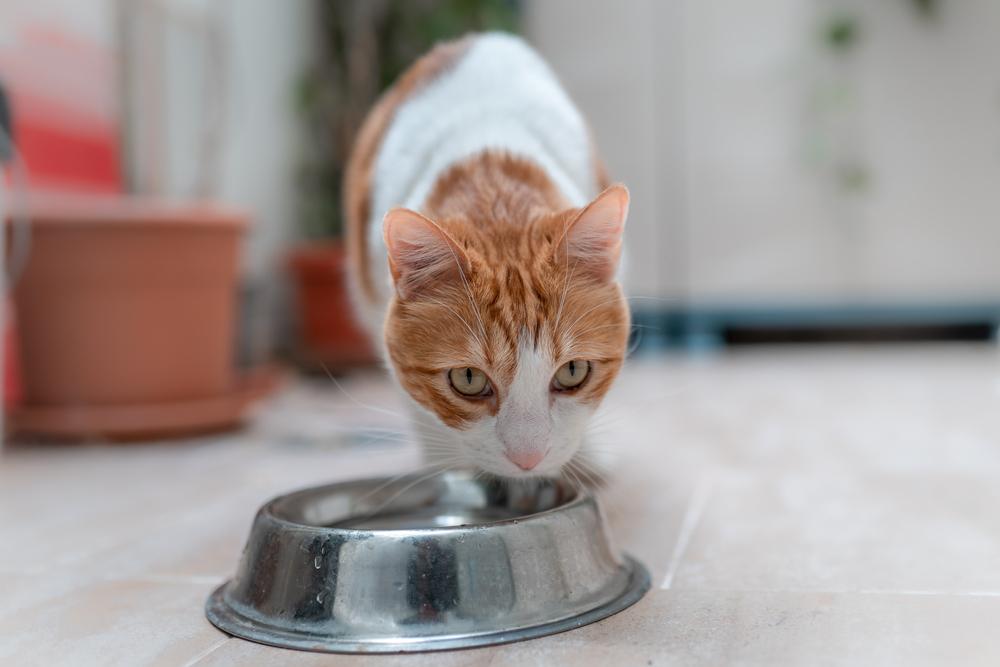
-
Find the right food for your petTake this quiz to see which food may be the best for your furry friend.Find the right food for your petTake this quiz to see which food may be the best for your furry friend.Featured products
 Adult Chicken & Barley Recipe Dog Food
Adult Chicken & Barley Recipe Dog FoodSupports lean muscle and beautiful coat for adult dogs
Shop Now Adult Large Breed Chicken & Barley Recipe Dog Food
Adult Large Breed Chicken & Barley Recipe Dog FoodSupports healthy joints, lean muscle, and beautiful coat for large breed dogs
Shop Now Hill's Science Diet Adult Chicken & Beef Entrée Dog Food
Hill's Science Diet Adult Chicken & Beef Entrée Dog FoodChicken & Beef Entrée in a delicious loaf with complete & balanced nutrition to help keep adult dogs active and healthy
Shop NowFeatured products Kitten Sensitive Stomach & Skin Salmon & Vegetable Stew
Kitten Sensitive Stomach & Skin Salmon & Vegetable StewSupports kitten growth, digestive health, nourishes skin and promotes a lustrous fur
Shop Now Adult Perfect Weight Vegetable & Turkey Medley Cat Food
Adult Perfect Weight Vegetable & Turkey Medley Cat FoodOver 70% of cats lost weight within 10 weeks when fed this nutrition
Shop Now Adult Urinary Hairball Control
Adult Urinary Hairball ControlSupports the health of the whole urinary system with optimal levels of magnesium
Shop Now -
Dog
- Dog Tips & Articles
-
Health Category
- Weight
- Food & Environmental Sensitivities
- Urinary
- Digestive
- Joint
- Kidney
-
Life Stage
- Puppy Nutrition
- Adult Nutrition
- Senior Nutrition
Cat- Cat Tips & Articles
-
Health Category
- Weight
- Skin & Food Sensitivities
- Urinary
- Digestive
- Kidney
-
Life Stage
- Kitten Nutrition
- Adult Nutrition
Featured articles The Science Behind Our Love for Pets
The Science Behind Our Love for PetsLearn the scientific reasons why we have such strong connections with our pets, and what science says about the love between humans and our furry friends.
Read More How to Properly Mix Wet & Dry Pet Foods
How to Properly Mix Wet & Dry Pet FoodsAn Orange cat eating from a bowl filled with mixed food
Read More What Is Littermate Syndrome? Pet Adoption Guide
What Is Littermate Syndrome? Pet Adoption GuideLearn more about littermate syndrome in dogs and cats and how to successfully navigate adoption and early socialization processes.
Read More -


If you're like most pet parents, keeping your cat healthy is a top priority. But as much as you might wish your cat could tell you how they're feeling, cats can't let you know when they're sick. Additionally, understanding how to tell if a cat is sick isn't always straightforward. A sick cat won't necessarily present obvious signs. Fortunately, you can look out for cues that your kitty isn't feeling quite like themselves.
How to Tell If a Cat Is Sick: Identifying Telltale Signs
When you're sick, you might get a cough, sore throat or stuffy nose. Some signs of illness in cats may be similarly obvious, while others can be more subtle. In general, changes in usual habits signal something is amiss, though only your veterinarian can get to the bottom of what that is. If you notice any of these signs, consult your vet for advice.



Tasty Tips
Food and Water Intake
Appetite is the first thing that comes to mind for many pet parents. Indeed, a sick cat may eat or drink more or less than usual when they're not feeling well. However, if you have multiple cats — particularly if you opt to free feed your cats — it can be next to impossible to tell who's eating or drinking what. If you suspect one of your kitties might be sick, stick to individual meal feeding and keep a close eye on their food and water bowls for cues.
Cats aren't typically big water drinkers, so it may be challenging to notice a decrease in water consumption. Other factors may also account for your cat drinking less water, such as switching to wet food from dry food. To make things more complicated, many common diseases in cats — such as kidney disease, thyroid disease, or feline diabetes — can lead to an increase in water consumption. Whether you're concerned about your cat drinking less or you find yourself refilling their water bowl more often, let your veterinarian know.
Litter Box Habits
What goes in must come out, so litter box habits go hand in hand with appetite and water consumption. Keeping a close eye on your cat's litter box can often be more straightforward, too. Is the stool small and hard or loose and smelly? Are the clumps of urine bigger than usual? Is your cat making more frequent trips to the litter box? Are you having to scoop more or less than usual? Any of these changes can indicate something is off with your cat.
Respiratory Signs
Sometimes, knowing how to tell if a cat is sick can be more obvious. Outward signs such as holding one eye closed, sneezing, coughing or discharge from the nose or eyes can indicate illness. However, some signs of upper respiratory infections in cats can be more subtle. For example, breathing hard when lying down or laboring to breathe in general can indicate a respiratory concern, particularly if it's out of the norm for your cat.
Some signs, such as sneezing, require veterinary attention but aren't an emergency. On the other hand, difficulty breathing is a sign of a very sick cat. If your cat is coughing or breathing with their mouth open, take your cat to the vet or your nearest emergency clinic right away. Possible causes could range from feline asthma to heart failure to cancer, so prompt veterinary care is essential.
Behavior and Energy Level
"Something is off" isn't exactly a sign, but it can be more useful than you think. You know your cat best, so trust your gut. A sick cat may lie in strange places, sleep more, appear grumpy or standoffish with people or other pets, or play or walk around less than usual. Is your affectionate cat suddenly refusing pets? Does your aloof cat want more attention? Any changes in personality can indicate you have a sick cat on your hands.

Grooming Habits
When you don't feel well, you may take less care with your hygiene and appearance. Well, a sick cat is no different. Anytime the body is under stress, it has to prioritize which systems get the most energy and attention. If your cat has arthritis or other underlying discomfort — whether due to dental disease, trouble breathing or simply feeling unwell — grooming may become less of a priority. The skin and fur can fall by the wayside, leading to a dull, flaky coat. Matted or tangled fur, often on the back half of their body, is another sign your cat's grooming routine may be taking a back seat.
Conversely, some sick cats may overgroom a particular area. The most common causes of hair loss from overgrooming are allergies and stress, but anything from fleas to feline lower urinary tract disease can prompt this behavior.
How to Take Care of a Sick Cat
If you suspect there's something wrong with your cat, the first and most important step is to take them to the veterinarian. Based on a physical exam and any diagnostic tests, such as blood tests, urine tests or X-rays, your vet will recommend the best treatment. Depending on the cause, this may include therapeutic nutrition, medication or feline stress management.
In the meantime, you can support a sick cat at home by keeping them indoors if they normally go outside, providing balanced nutrition and fresh water and monitoring them closely for new or changing signs.
You know your cat better than anyone, so if you suspect something is off, listen to your instincts. Cats can't tell you when they don't feel well, so it's up to you to identify subtle signs and get them the help they need. Observing your cat's usual habits and noting sudden changes can go a long way toward keeping your feline friend happy and healthy.


Dr. Karen Louis owns her low stress veterinary clinic near St. Louis. When she's not helping dogs and cats live their best lives, she maintains her blog, VetChick.com, and is an award winning nature photographer.
Related products

Precisely balanced nutrition with the delicious taste of minced turkey & liver to help fuel the energy needs of cats during the prime of their life

Delectable chunks with tender chicken smothered in a rich gravy

Supports energy level and beautiful fur in mature indoor cats

Improves Everyday Ability to Get Up & Go
Related articles

When you adopt a cat, you don't just gain a best friend; you also save her life. Here's why getting a cat from a local animal shelter makes so much sense.

Discover how to train your cat, starting with very basic first steps that both reward good behavior and discourage the bad.

Learn how to litter train a kitten with this guide to potty training, including when to start litter training kittens and troubleshooting tips.

Discover which cat toys games your feline friend might like, and how they are great sources of exercise. Explore our library of articles to learn more.

Put your cat on a diet without them knowing
Our low calorie formula helps you control your cat's weight. It's packed with high-quality protein for building lean muscles, and made with purposeful ingredients for a flavorful, nutritious meal. Clinically proven antioxidants, Vitamin C+E, help promote a healthy immune system.
Put your cat on a diet without them knowing
Our low calorie formula helps you control your cat's weight. It's packed with high-quality protein for building lean muscles, and made with purposeful ingredients for a flavorful, nutritious meal. Clinically proven antioxidants, Vitamin C+E, help promote a healthy immune system.

